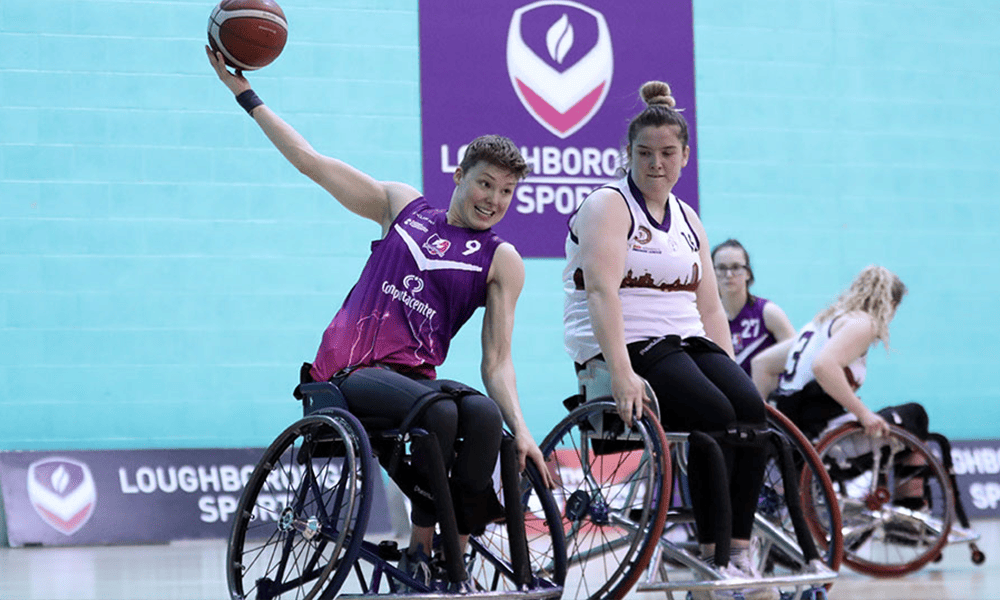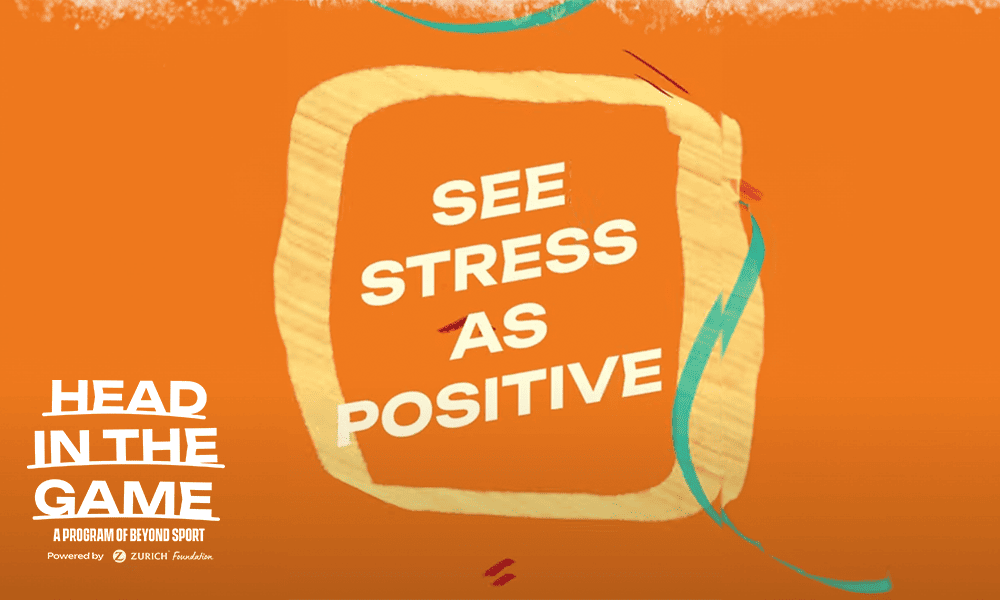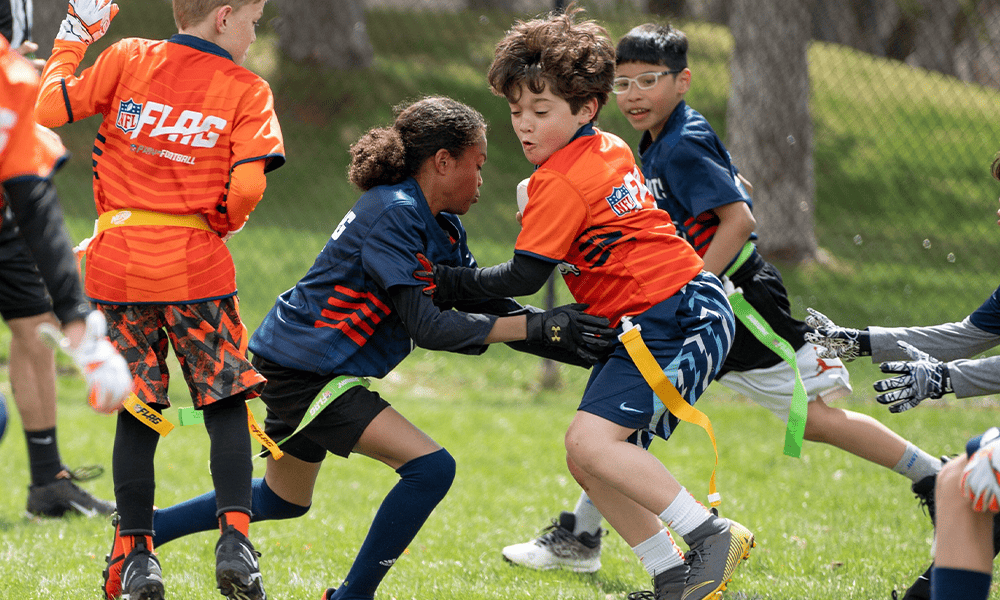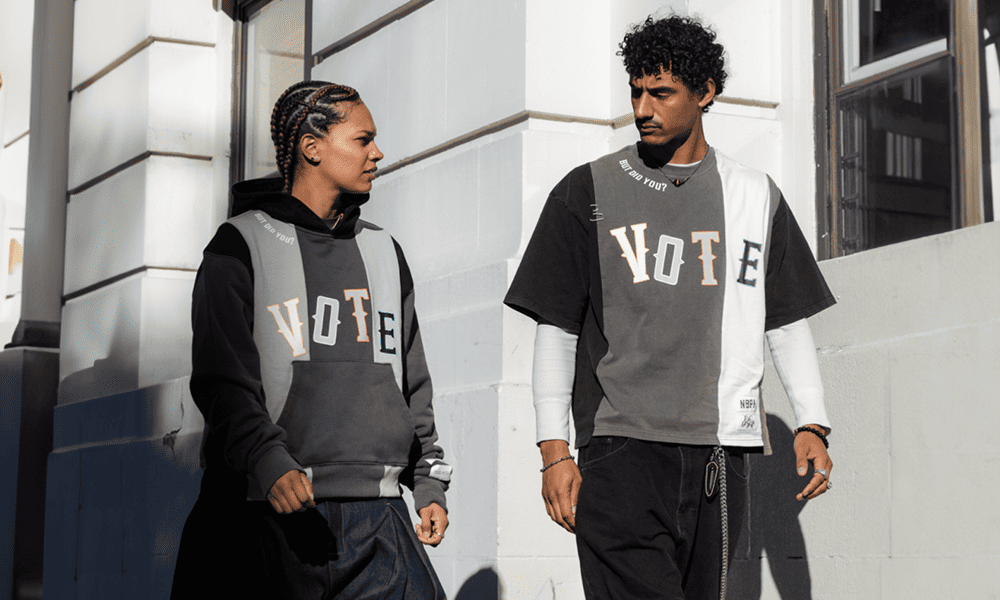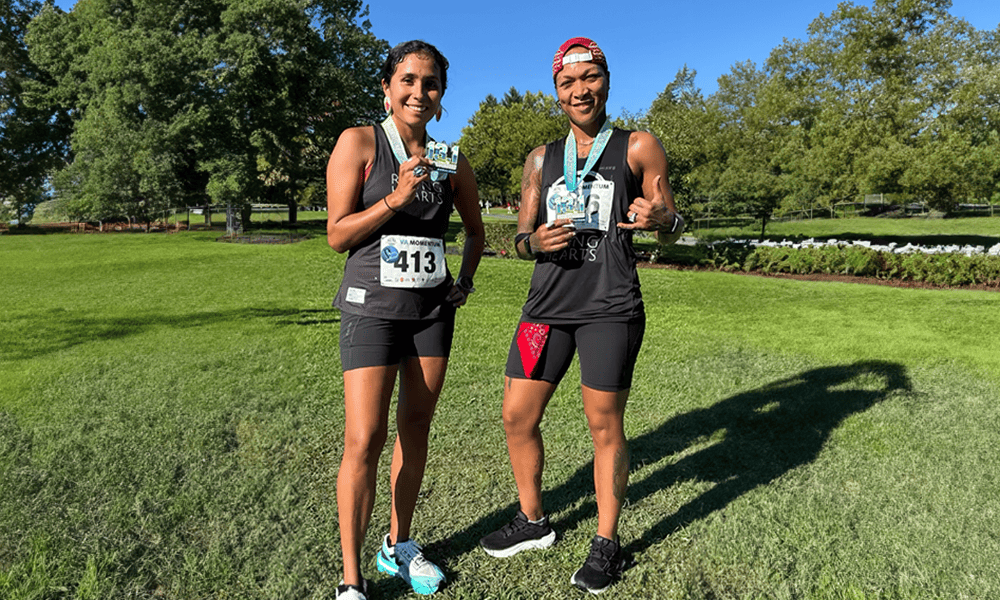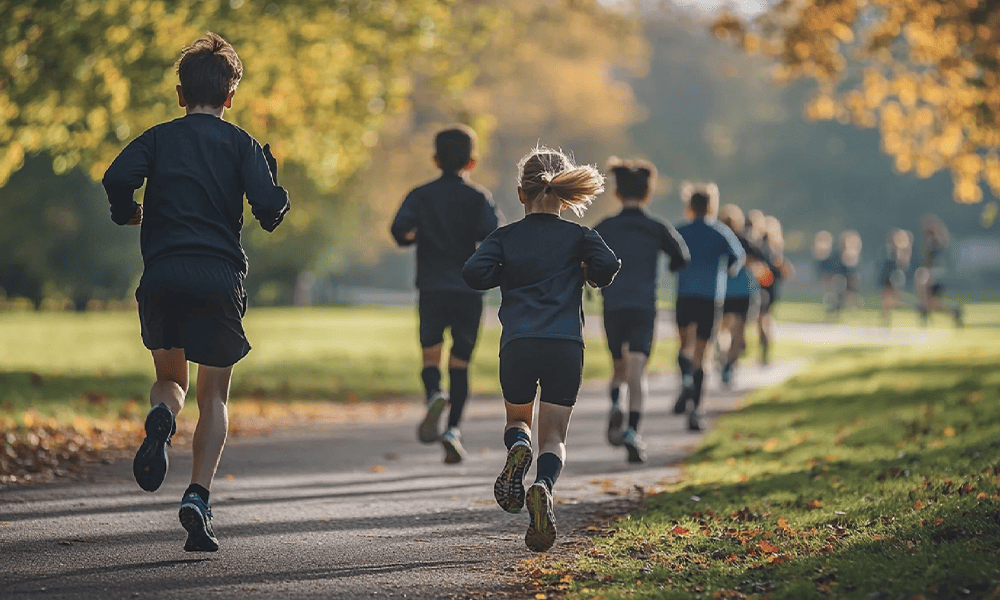October 1, 2021
Around 60 players on the men’s professional tennis tour have taken part so far in an anonymous online survey about LGBTQ issues through the ATP (Association of Tennis Professionals). Its CEO, Massimo Calvelli, says it is part of a larger initiative to create an environment for players and staff in the sport that is inclusive, diverse, safe and welcoming.
The survey was created after the ATP reached out to Pride Sports, a UK-based group that works to challenge homophobia, biphobia and transphobia in sport and improve the access to sport for LGBTQ+ people. They enlisted researchers at Monash University in Melbourne, Australia, to help develop the survey.
“Statistically, it’s a bit unusual that you don’t have players on the ATP Tour that are openly gay. We thought, in today’s world, this is an area that’s worth taking a proactive approach – and what better way to do that than trying to get a sense of where we are today,” Calvelli said in a video interview with The Associated Press.
“Are there hurdles? Is there anything in terms of culture, behaviors, attitudes out there that sort of puts people in a position where they are not comfortable being open?”
“We’ve never had a circumstance where a sport has approached us,” said Erik Denison, a behavioral science researcher at Monash. “It’s always the other way, where either the LGBT community has approached the sport and said, ‘You need to do something about this problem’ and (the sport was) dragged along the journey. Or the sport has a crisis.”

(Source: Pride Sports)
The survey included more than 30 questions and was emailed to approximately 500 singles players and 250 doubles players back in August this year. The tour also sought volunteers for individual interviews.
Denison describes the ATP as wanting to do something more substantial than just putting up rainbows and wanting to “figure out what to do that’s going to be meaningful and drive change.” He said that the ATP’s survey can help alter the culture of publicly-out athletes because it leads players to consider subjects they otherwise might not.
The survey includes links to research from the International Olympic Committee (IOC) and the American Medical Society for Sports and Medicine, which found that everyone’s mental health and sport performance can be negatively impacted if a sport culture is not welcoming to gay and bisexual people.
Other topics included what factors contribute the most to there being no openly gay active professional male tennis players, whether the respondent agrees with the ATP’s desire “to combat homophobia in sport” and whether he “would publicly support a gay or bisexual tennis player.”
After the results are collected, Monash will pass along statistical analysis to Pride Sports, which will offer suggestions to the ATP for programs it can adopt that Cavelli says they will take seriously to advance progress.
